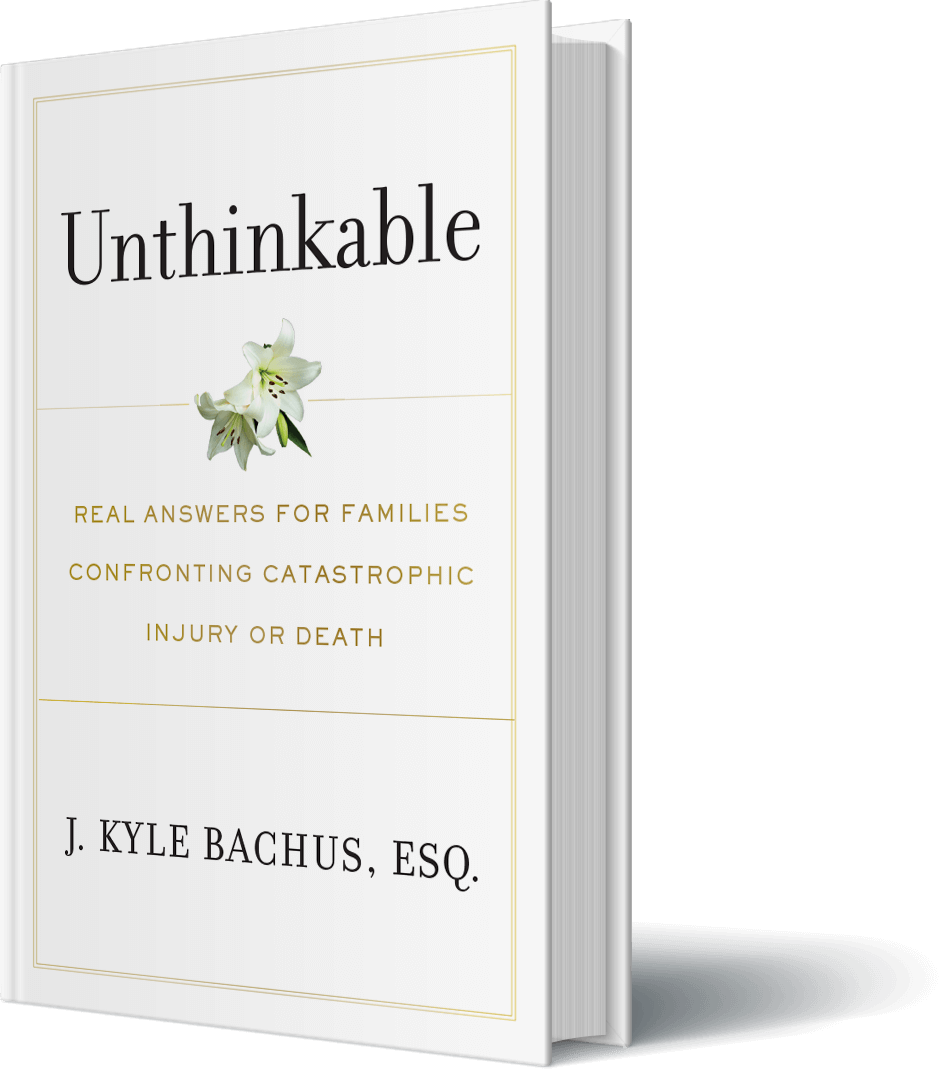What You Need to Know About Catastrophic Injury Settlement Funding
When a catastrophic injury occurs, it throws your life into disarray. Not only are you dealing with pain, physical limitations and emotional anguish, but you also have practical needs. Even if you decide to bring a personal injury suit, how will you pay your bills in the meantime? You need financial relief now.
You may be a candidate for catastrophic injury settlement funding. Personal injury litigation financing is a way for injury victims to access the financial resources they need until they get a judgment for their case. Our attorneys explain how catastrophic injury settlement funding works.
What Is Catastrophic Injury Settlement Funding?
Catastrophic injury settlement funding is a no-risk advance on the expected proceeds of a lawsuit. The purpose is to allow the victim to get the cash that they need to meet basic needs as they wait for the resolution of their case. With catastrophic injury settlement funding, the lender advances an amount of cash to the victim. The victim then repays the lending company from the proceeds of their settlement when they receive it.
What Kinds of Cases Are Eligible for Pre-Settlement Funding?
Some kinds of cases that may be eligible for pre-settlement funding include:
- Car accidents
- Motorcycle, bicycle and pedestrian accidents
- Boating accidents
- Slip and falls
- Products liability
- Medical negligence
- Dog bites
- Wrongful death
- Construction accidents
- Other personal injury cases
When you apply for pre-settlement funding, the lender may request information about the lawsuit in order to determine eligibility.
What Happens to Litigation Funding if I Lose My Case?
If you have litigation funding, most often, it is risk-free. If you lose your case, you typically do not have to repay the funds. Litigating funding is generally no-recourse. That means the lender has no recourse to recoup the funds if you do not win your case. If you win your case, you repay the amount of the loan along with the amount of interest required. However, if you lose the case, there is no obligation to repay the money.
Does Catastrophic Injury Litigation Funding Pay for Legal Costs?
No, catastrophic injury litigation funding does not pay for legal costs. A legal financing company doesn’t fund litigation expenses such as filing fees, process servers and preparation of exhibits. Some attorneys are willing to pay these costs with the understanding that they are reimbursed out of settlement proceeds or the judgment. When an attorney advances litigation costs, the terms should be detailed in writing in the attorney-client retainer agreement.
If I Use Litigation Funding, Does the Lending Company Have the Right To Control the Legal Case?
No. If you use litigation funding, that does not give the lending company the right to control the legal case. The litigant and their attorney still make the major decisions about the case.
How Much Money Can I Get Through a Litigation Funding Loan?
You can typically get 15-20% of the expected amount of the final judgment through a litigation funding loan. In other words, if you expect to receive $50,000 in your lawsuit, it may be possible to receive about $10,000 in funding. The exact amounts vary based on the lending company, your needs and the details of the case. Be sure to read the lending agreement carefully.
How Long Does It Take To Get Paid Through Pre-Settlement Funding?
With pre-settlement funding, you can get paid in as little as two days. You need to apply for the loan. The lending company may ask for follow-up documentation. However, once your application is complete, you can get paid your pre-settlement funding reasonably quickly.
Do Lawyers Give Advances on Settlements?
No, lawyers do not personally give advances on settlements. They cannot pay your personal expenses while your case is pending. They may pay litigation costs like court filing fees. However, there are other things that you can do to meet your expenses, like pre-settlement financing advances.
How Can I Pay My Bills While My Lawsuit Is Pending?
You can pay your bills while your lawsuit is pending through three methods:
- Catastrophic injury settlement funding – A pre-settlement, no-risk loan can advance you the cash you need to pay your bills. The loan is repaid with agreed-upon interest when the victim receives their compensation.
- Lien for medical treatment – Medical providers may agree to treat you with the right to demand reimbursement from the proceeds of the lawsuit.
- Attorney advancement of litigation costs – While an attorney cannot pay your personal expenses, they can help you with the costs of litigation upfront with repayment from your compensation. In addition, an attorney may represent you on a contingency basis with no cost for their services unless you win your case.
Is There Colorado Case Law on Catastrophic Injury Funding or Lawsuit Financing Loans?
In Oasis Legal Finance Group LLC v. Coffman [1], Colorado case law clarified the classifications of legal financing loans and the laws that apply to them. Specifically, the courts found that cash advances for litigation qualify as non-recourse loans. Companies that provide them are considered lenders even if they have no way to recover their investment if they are not fully repaid from the litigation. The court found that litigation cash advances are not a sale because they don’t transfer ownership rights. Litigation cash advances must comply with the Colorado Uniform Consumer Credit Code [2].
How Do You Get Catastrophic Injury Settlement Funding?
To get catastrophic injury settlement funding, you must make an application to a company that provides it. Several companies offer cash advances for personal expenses during litigation. The company needs to know about the litigation, and they may have follow-up questions. When you agree on terms, you sign a written agreement with the company. Be sure to carefully read the details, such as how much interest applies to repayment and how interest rates may change depending on how long it takes to reach a judgment in the case.
Attorneys for Catastrophic Injury Settlement Funding
Do you have a personal injury case? Do you have questions about personal injury funding? Contact our attorneys for catastrophic injury settlement funding to learn more.
Sources:
[1] Oasis Legal Finance Group LLC v. Coffman
[2] Office of the Attorney General of the State of Colorado. Colorado Uniform Consumer Credit Code. Retrieved 29 January 2021 from







